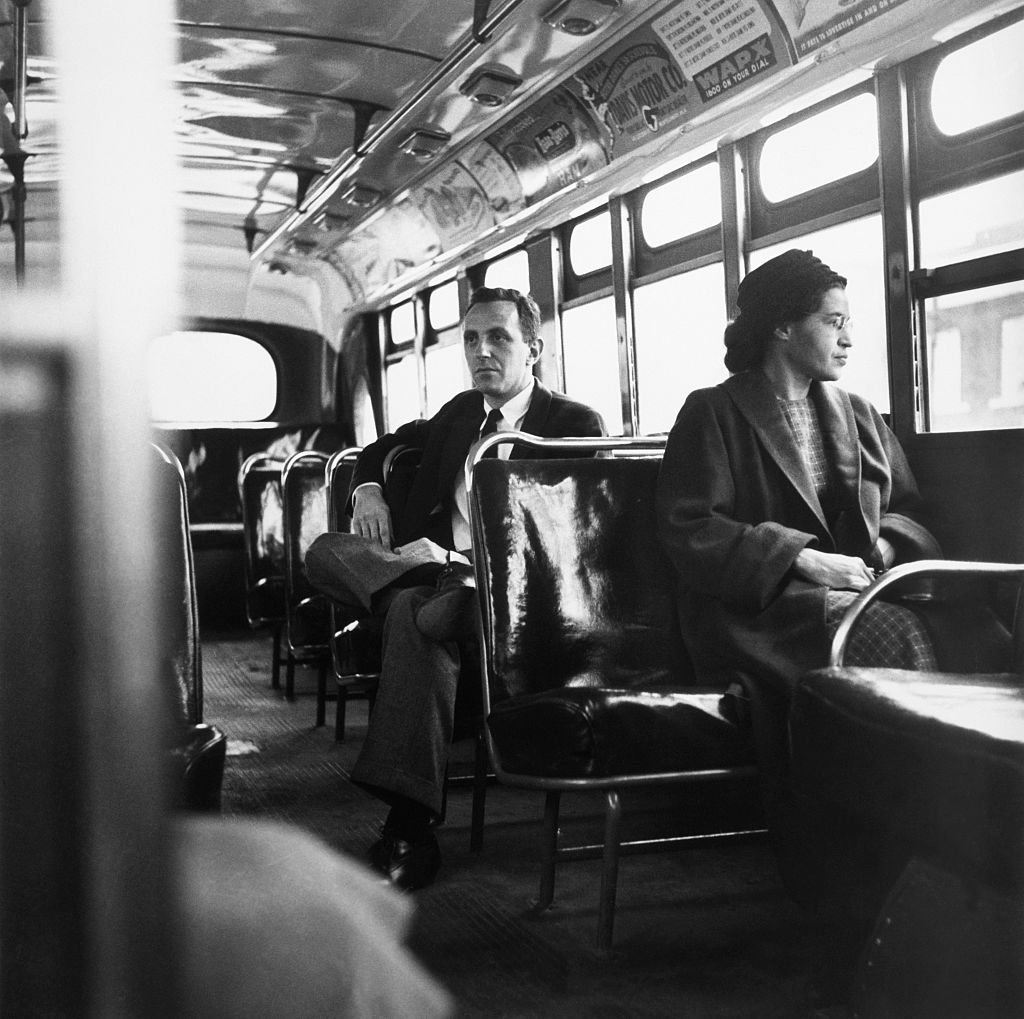Melissa Harris-Perry vividly recalled the day she told her former college professor, Maya Angelou, that she planned to drop her class.
The decision came after she missed four weeks of class while recovering from bronchitis after running around the Wake Forest University campus in just a T-shirt, without a jacket, during sorority pledge week.
Perhaps the biggest factor behind the decision of the 17-year-old future scholar and political commentator, she told NewsOne, was that her “grades were garbage.”
But instead of signing off on the request, the legendary writer who is best known for her autobiography, I Know Why the Caged Bird Sings, hired Harris-Perry to work as a student assistant.
The job allowed Harris-Perry to earn money for college fees. But what mattered more is that Angelou became her “beloved mentor and guide.” Reflecting on the relationship, Harris-Perry added that Angelou’s “generosity was unparalleled.”
That is why Harris-Perry is looking forward to the first documentary about the life of her mentor, whose dynamic life will be explored in Maya Angelou: And Still I Rise. It is scheduled to premiere February 21 on PBS as one of the network’s Black History Month offerings in its American Masters series.
The documentary is competing at the Feb. 11 NAACP Image Awards for outstanding documentary against four others: 13th, I Am Not Your Negro, Miss Sharon Jones!, and Olympic Pride, American Prejudice.
The film examines Angelou’s activism, stage work as a singer and dancer, as well as her work as an academic. Besides Wake Forest, Angelou taught at several universities beginning in the 1970s. By 1982, Wake Forest offered her a permanent teaching position.
One of the central voices in the Maya Angelou documentary comes from her “spiritual brother,” poet and scholar Eugene Redmond.
An accomplished writer, Redmond was named Poet Laureate of East Saint Louis in 1976. He spoke with NewsOne about his first encounters with Angelou in the 1960s at rallies, conferences, and poetry readings.
Over time, they built an unshakeable bond based, among other things, on their common St. Louis roots and love of poetry. He opened the door to Angelou’s foray into teaching, helping her land a position at California State University at Sacramento, where he was a professor.
“She grew into an excellent professor,” Redmond said. “She brought her passion to the classroom, as well as her vast knowledge about literature and life experience.”
Angelou taught courses on philosophy and literature. In her lessons, she wove insights of her firsthand knowledge of the civil rights movement, her personal friendships with leaders of the movement, and her own Black experience.
“We were pioneers back then, bringing Africana into academia,” Redmond said, pausing to reflect. “There were few Black professors on college campuses in 1970.”
As her star rose, Angelou received more requests to teach and offers of visiting professorships. She came to Wake Forest in 1973 for a speaking engagement, which turned out to be the first step in a decades-long academic career at the university.
One principle Angelou instilled in Harris-Perry is that without courage, you cannot practice other virtues consistently in life.
As a high school student, Harris-Perry read I Know Why the Caged Bird Sings, which she said was “transformative.” So, the opportunity to take Angelou’s class clinched her decision to enroll at Wake Forest. The university’s “idyllic” campus was icing on the cake.
Angelou’s teaching style, she said, was a balance between lecture and the Socratic method. She demanded that her students arrive to class prepared and required everyone to participate.
“She was very funny and a really nice person,” Harris-Perry recalled. “But she was also hard and demanding. Her expectations of us were very high.”
Now, Redmond and Harris-Perry sit around the dinner table to enjoy a nice meal and exchange ideas important to Angelou. She was a great cook and wonderful company, they said.
It was in that setting that Angelou often imparted her wisdom. One principle she instilled in Harris-Perry is that without courage, you cannot practice other virtues consistently in life.
Years later, Harris-Perry revisited that lesson during an interview with her instructor:
In 2014, Harris-Perry left MSNBC, where she hosted a political talk show, and returned to Wake Forest to teach. She looked forward to reuniting on campus with her longtime mentor. Sadly, Angelou passed away less than 30 days before her return. She was 86.
“There’s not a moment that I haven’t missed her,” she said.
SEE ALSO:
9 Republicans Vote Against Naming Post Office After Maya Angelou
Ava DuVernay’s New Netflix Documentary 13th Exposes Connection Between Slavery & Mass Incarceration
[ione_media_gallery id="3358541" overlay="true"]
![]()






















